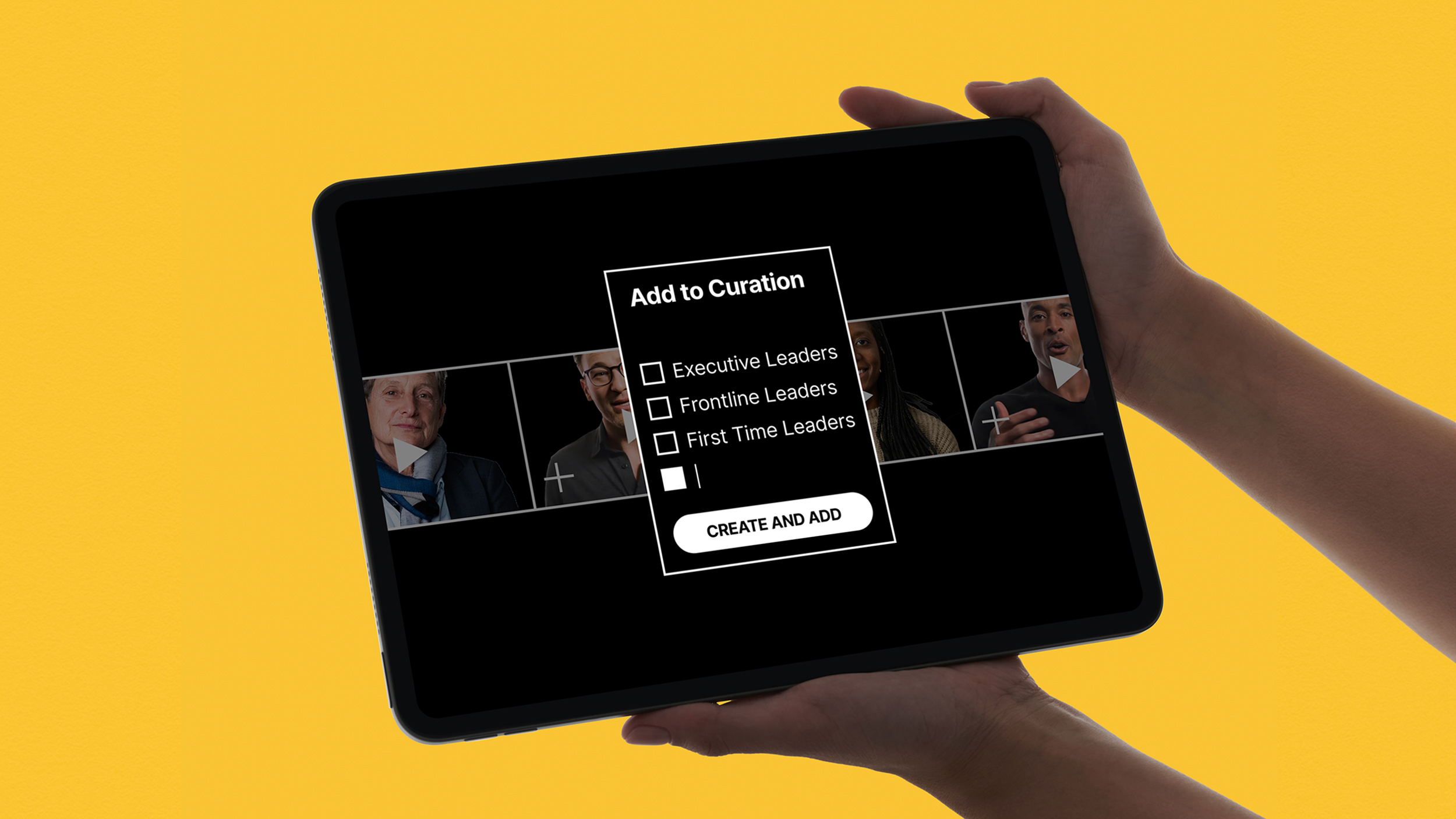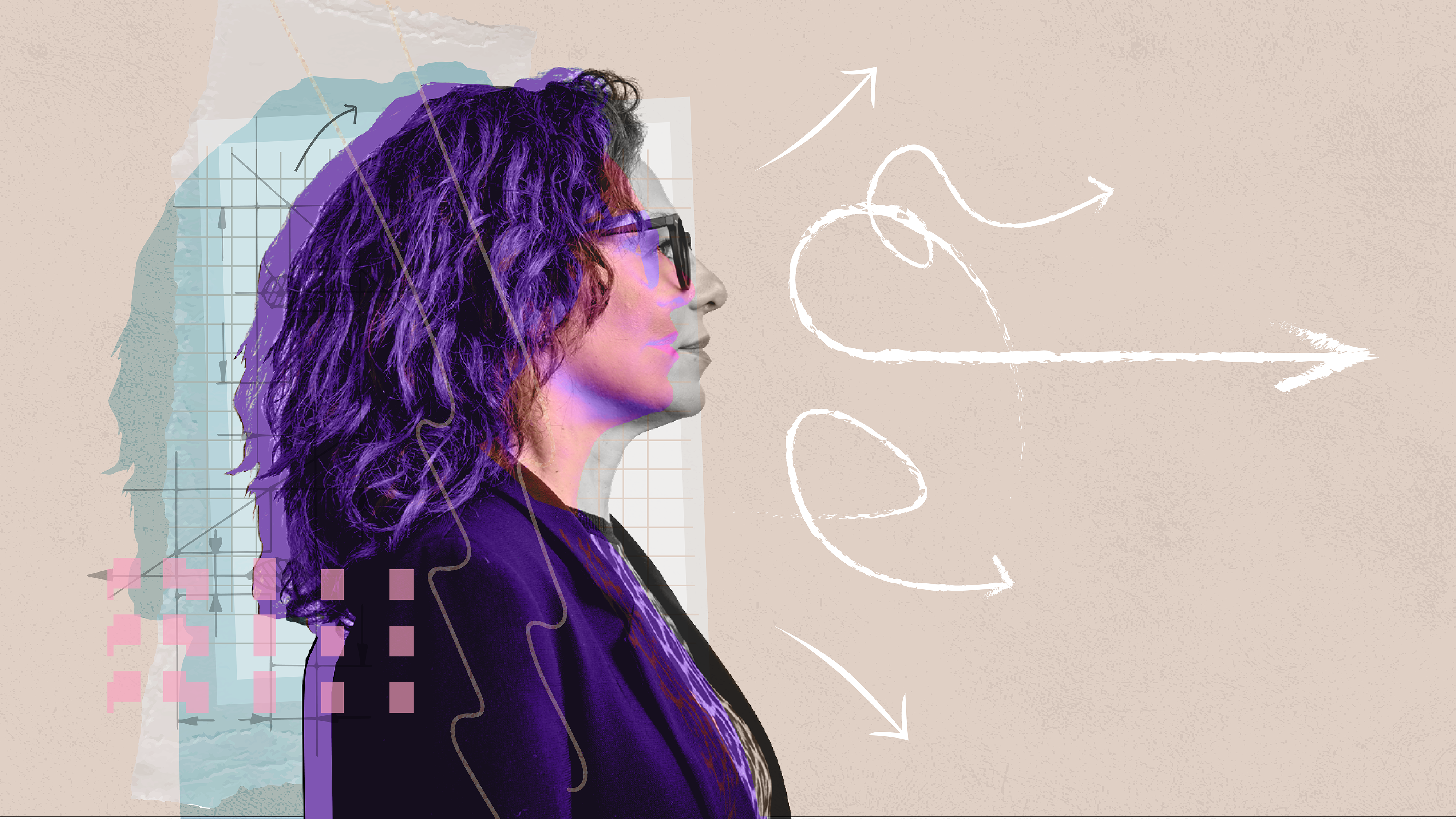Connect. The Next Thing Will Wait.

A one-on-one conversation is a valuable opportunity to connect with someone and to benefit from what they have to say. Unfortunately, these chats tend to happen in the middle of a busy day when there are countless other things shouting for our attention. We find ourselves becoming frustratingly — maybe even insultingly — unfocused. When the conversation ends, we may realize we haven’t really made the connection we’d hoped for and we haven’t gotten what we needed from the talk.
In her Big Think+ expert class, Building Relationships Through Likability, connection instigator Michelle Tillis Lederman lists some of the ways different people get distracted: “Do you jump to conclusions? Do you finish somebody’s sentence? Do you start planning what you’re going to say next? Are you Pavlovian about the cell phone beep, and that you can’t help yourself but look?” Lederman is the author of The 11 Laws of Likability, and she says that to strengthen our interactions with others means developing our relational intelligence.
How to interact more effectively with people you talk to
Begin by identifying the things that pull your focus away, and practice breaking those bad habits. Lederman says hers is excitement that compels her to interrupt instead of listening.
To fight these tendencies, Lederman’s developed a system for getting back on track should your listening skills waver. It consists of four questions to silently ask yourself as your mind begins to misbehave. Any one or two of the questions can re-target your focus on what someone else is saying.
At heart, the questions are about slowing yourself down. Though you may be skilled at digesting information and drawing conclusions quickly, when you’re talking with someone, there’s little reason to get there before the conversation does. You may be surprised what you can learn by keeping an open mind and listening more thoroughly.
Question 1: What don’t I know?
By asking yourself, “What don’t I know about this situation?” you go on the lookout for new information you don’t already have. The question makes you listen more carefully to what’s being said by making you eager to hear something new.
Question 2: How else can I interpret that?
You can also think of this question as “What could be another reason for that?” The question helps you avoid making a snap — and possibly inaccurate or unhelpful — judgement about something that’s happened or that’s just been said. It reminds you that you may not yet have all the information you need, and that you’d be well served to keep listening for an interpretation that might never occur to you.
Question 3: What if I’m wrong?
It’s impossible not to develop opinions as a conversation progresses, but it’s a good idea to use this question for slowing down any rush to judgement. Try reminding yourself about your own human fallibility by asking, “If I am wrong about my conclusion, my assumption, how does that impact the relationship? How does that impact the project, the work, the results, the long-term?”
Question 4: Do I want to be right?
Confirmation bias is a tendency to accept only information that supports what you already believe or you want to believe. As you listen, ask yourself how badly you need to be right. When being right is more important to you than having a genuine exchange, you don’t really hear anything that isn’t evidence for your position. It’s a diabolical habit that can lead you to missing what’s being said. Picking up useful, fresh information is typically more valuable than being right.
In addition to this advice about maintaining focus during conversations, Lederman’s Building Relationships Through Likability expert class provides insights into the power of authenticity in the workplace and provides further tools that can help you listen more effectively.





